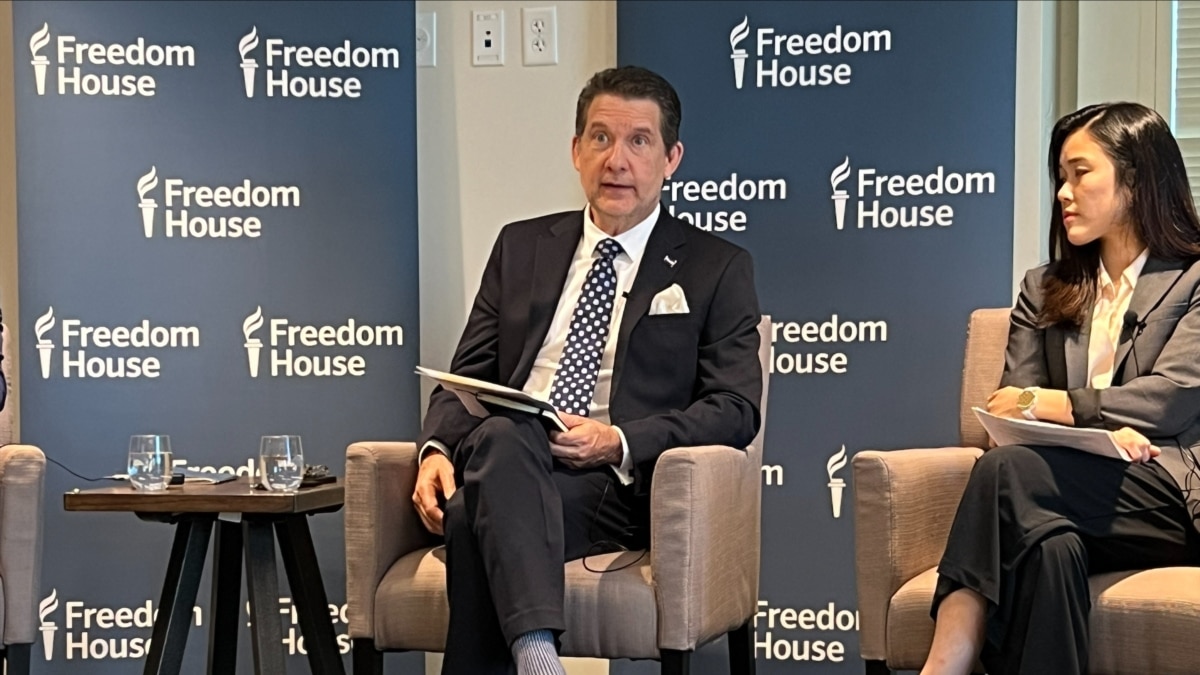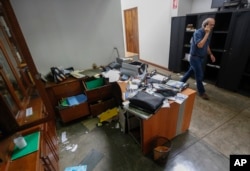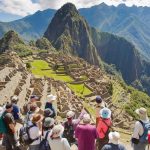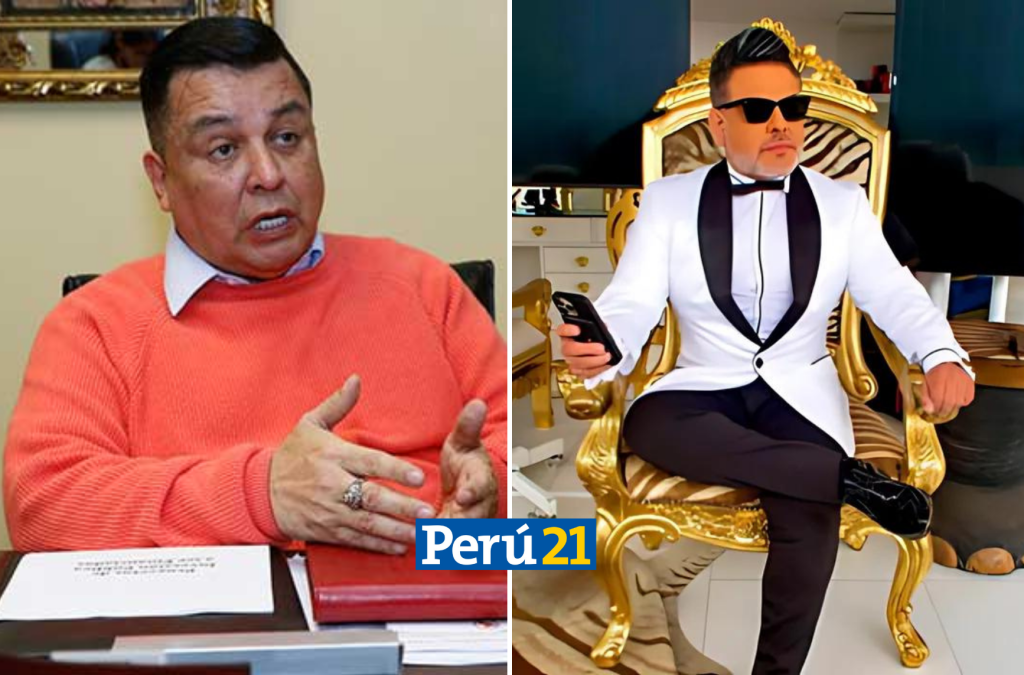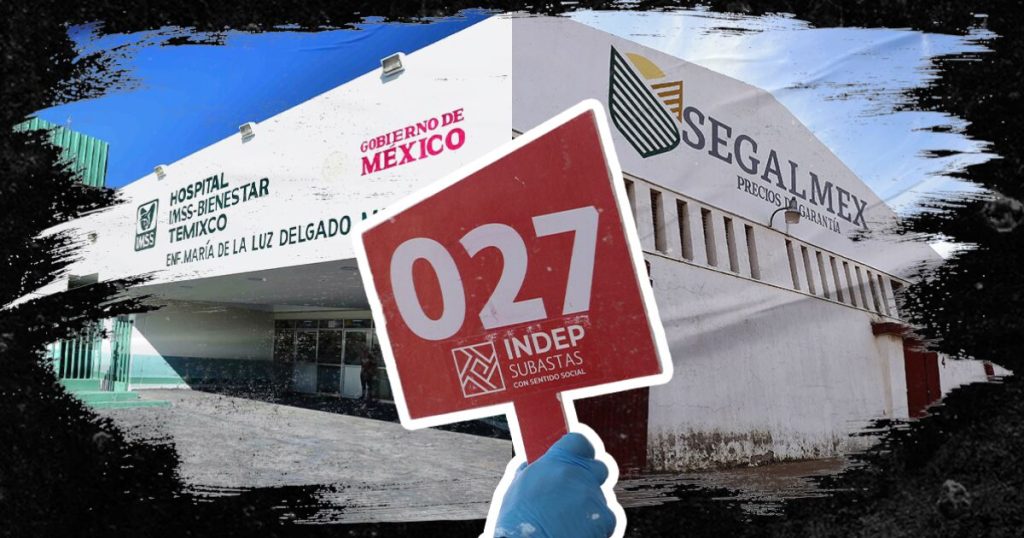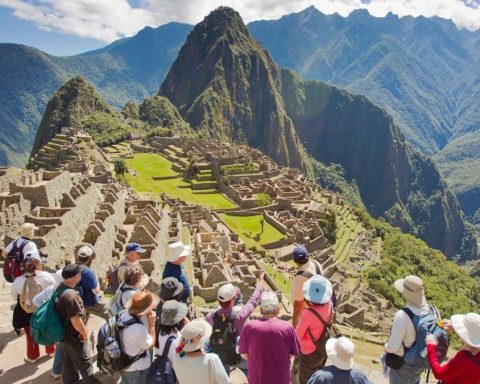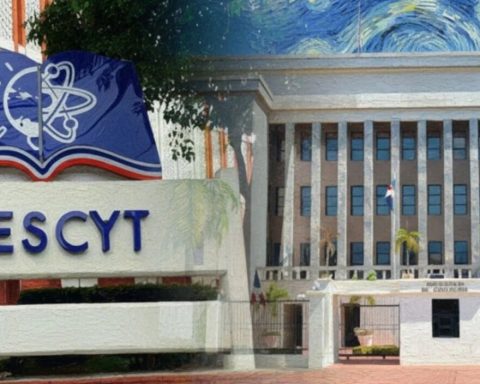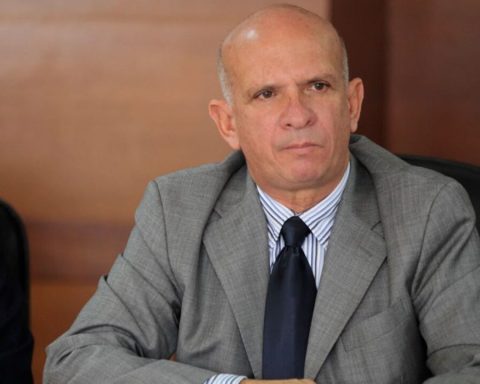The government of Daniel Ortega opted for a information blackout -which contrary to its intention- ended up promoting an ecosystem of independent digital media that is informing the audience in Nicaragua from exile, according to experts, journalists and organizations that defend freedom of the press.
The strategies that changed the course of the free flow of information in Nicaragua include dozens of media outlets being closed and journalists being threatened, imprisoned and exiled. Members of the guild say that unprecedented stigmatization and discredit have been used to torpedo the practice of journalism.
Despite this, exiled journalists who spoke to the Voice of America They shared their experiences and what it means to Nicaraguans what they do every day to report from exile.
The rise of digital journalism in exile
Nicaragua Todaya digital media outlet produced and hosted by journalist Gerall Chávez from exile in Costa Rica, already has more than 90,000 followers on the YouTube platform.
According to the platform’s metrics, so far in 2024, 56.6% of the channel’s users have connected from Nicaragua.
“That means that in Nicaragua there is a need for information, that people are looking for alternative means to get informed,” Chavez told the VOA from Costa Rica, during a recent telephone interview.
He Confidentialdirected by journalist Carlos Fernando Chamorro, is another media outlet that continues to inform Nicaraguans from exile because its offices were raided in 2021 by the Ortega government.
Current figures indicate that Confidential now has 481,000 subscribers on YouTube, making it one of the most followed media accounts in Nicaragua.
These figures contrast with the stigmatization campaigns coming from the Ortega government. “The chachalacas (noisy birds), the chattering magpies, every day they invent anything to sow terror in people,” Rosario Murillo, vice president of Nicaragua and Ortega’s wife, said publicly in June 2021.
On the other hand, with more infrastructure and resources, the Youtube accounts of the official television media Channel 4 Nicaragua, The 19 Digital and the Channel 6 (state-owned) together do not reach 400,000 followers.
“[Ortega] He wanted to shoot the media in the head (…) but I think that in the end he shot himself in the foot and it backfired,” said Guillermo Medrano, director of the Foundation for Freedom of Expression and Democracy, FLED.
The organization reports that at least 32 digital communication platforms have emerged since 2018, when the government carried out the first raids and closures of media outlets.
Traditional press also grows on digital platforms
The traditional newspaper The Press, With 98 years of history and confiscated by the Ortega government, it is now written and edited in exile. According to figures, up to 6 million visits have been registered on its website in some months.
“60% of our audience is in Nicaragua,” he recently assured the VOA Juan Lorenzo Hollman, general manager of The Press, recently expatriated. The newspaper publishes 35 articles a day, which presents enormous challenges due to the lack of access to sources.
“We have returned to journalism from the catacombs (…) when persecution reaches the high levels it is reaching in Nicaragua, the informant says: ‘I am not going to risk my life and I’d rather stay quiet’,” argued Hollman to explain the fears that prevent sources on the ground from sharing information.
In the last 10 years, Nicaragua has had the most pronounced deterioration in the world in the index of freedoms published each year by the organization Freedom House, which is why its director for Latin America and the Caribbean, Alessandra Pinna, highlights the enormous effort of doing journalism from exile to inform Nicaraguans.
“Because this is what dictators do not want. What they are interested in is creating their own reality and they do not want people to see what is actually happening (…) that a country like Nicaragua went from partially free to not free.”
Judicial persecution on social networks
Media such as 100% News Since 2018, they have gone from broadcasting an open television signal to reporting through digital media due to the closure decreed by the government. Six years later, 100% News He has 1.2 million subscribers on Facebook and 349,000 followers on YouTube.
Lucía Pineda, director of the media outlet, admits that she is satisfied with the growth of the audience on these platforms, however she points out other challenges.
“[Debido a la reciente reforma a la ley de ciberdelitos en Nicaragua] The number of comments, likes and reactions on social networks such as Facebook has decreased (…) I deduce that it is because of the issue of persecution.”
Like Pineda, Holman de The Press and Gerall Chavez of Nicaragua Today, They claim to have observed the same trend on their respective platforms.
The legislative change that was introduced establishes that whoever uses “…social networks or mobile applications, publishes or disseminates false or distorted information that causes alarm, fear, panic or anxiety among the population, will be sentenced to three to five years in prison.”
Félix Maradiaga, opposition leader in Nicaragua and former political prisoner, explained it in his own terms: “In other words, a tweet, a WhatsApp message, or any type of digital information inside and outside the national territory has been penalized.”
Those who navigate the new digital media ecosystem that has emerged from exile believe that the additional legal actions against freedom of expression and attacks on media portals have a possible explanation.
“If they are trying to kick me out of the site [la página web] constantly, I’m doing something right. If they [el gobierno] “If you didn’t feel like our work was getting where it needs to go, they wouldn’t be attacking us,” Hollman said.
The challenge of lack of connectivity
Older adults in rural areas belong to a segment of the population that digital media cannot easily reach, due to the low access to the Internet in areas where official radio and television do reach.
“I was talking to an elderly person and she doesn’t know that more than 15 days ago, on September 5, Nicaragua released and exiled 135 Nicaraguan political prisoners. Why doesn’t she know? Because she watches the normal channels and they don’t talk about it,” said Guillermo Medrano, director of the Foundation for Freedom of Expression and Democracy.
However, Medrano says, his research shows that among those who have access to the Internet, they do actively seek out alternative media outlets so that from exile they can receive an independent view of what is happening in Nicaragua.
Connect with the Voice of America! Subscribe to our channels YouTube, WhatsApp and to newsletter. Turn on notifications and follow us on Facebook, X and Instagram.
